Adoption and the Problem with the ‘Hero’ Label
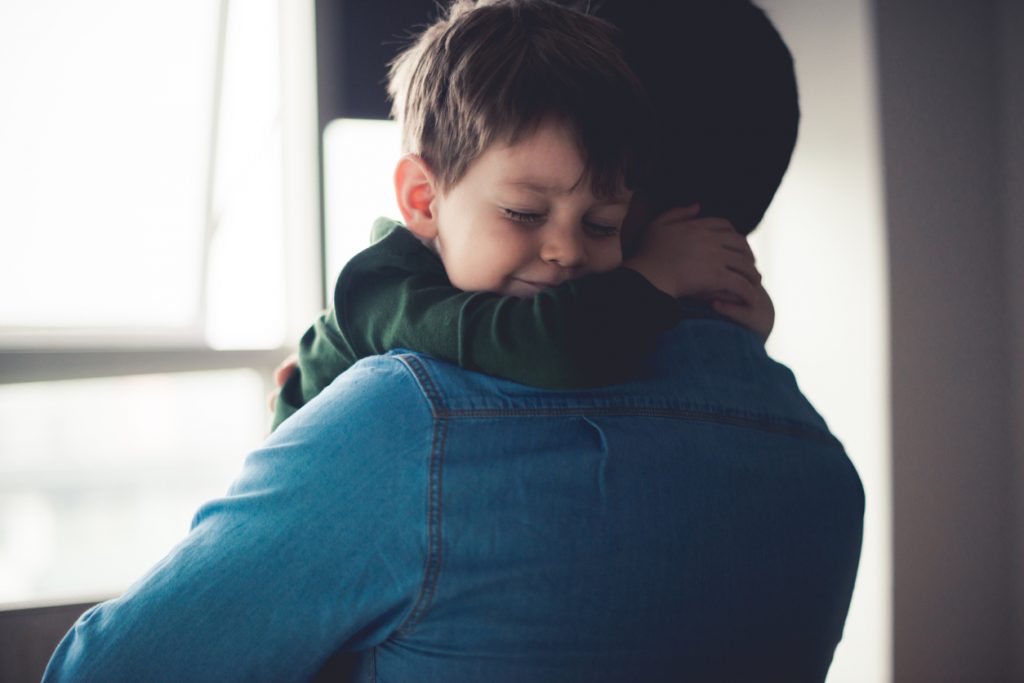
A recent campaign for Jockey underwear included an ad featuring a caucasian man holding a black baby. Both are naked from the waist up, the man wearing underwear, the baby in a diaper, and the caption identifies them as “Michael and his adopted son.”
As an adoptive parent myself, I thinking qualifying the child’s status as “adopted” is completely unnecessary, and a cheap attempt to create an emotional connection with the product. I’m all for praising adoption from the rooftops but using it to sell underwear is just plain weird.
The campaign behind the ad is called “Being Family” and it is fronted by celebrity ambassadors and “everyday heroes,” including Michael. According to its website, Jockey’s work in the adoption space has impacted more than 325,000 families and contributed $6.5 million to non-profit partners.
A well-known brand focusing its corporate social responsibility platform around adoption is a wonderful thing because creating awareness about adoption could very well lead to more adoptions. But positioning adoptive parents as “heroes” perpetuates a sanitized, Disney-fied version of what adoption really is, and it’s another way we casually remind adoptive families that they’re different.
Can you imagine if we qualified the relationship between birth child and birth parent the same way we do with adoption?
“This is my sister’s son Charlie. She gave birth to him.” Or, “This is my son Max. I delivered him vaginally.”
I don’t know a single adoptive parent who considers himself or herself a hero. For most parents, adoption is selfish: we want a child and adoption is a means to our end, just like pregnancy or surrogacy. One of the problems with the adoptive parent as hero concept is that, by extension, we are characterizing adopted children as needing to be “saved.” By adopting our children my husband and I changed their lives but we didn’t “save” them. Our children are not objects who need saving, they are human beings who need and deserve connection and belonging.
Without “adopted”, the Jockey ad would be an entirely different, less powerful message because our feelings and understanding of adoption are so wrapped up in fairytales. Michael is white and his son is black and that’s no accident. Jockey wants to sell more underwear by convincing us that people who adopt, especially white people who adopt black babies, are heroes. And you can be a hero too if you buy our underwear! Share this ad, give us a like or a follow and you show your friends and followers you’re someone who cares about social and racial issues!
But really, you might be thinking, what’s the harm? Even if the Jockey campaign was a bit misguided, overall its spirit was well-intentioned. And there are certainly worse labels to attach to someone than “hero.” What’s wrong with putting adoptive parents on a pedestal and acknowledging the mountains they had to climb to become a family?
The problem is the impact of the label on the adopted child, the one who already feels different. Labels often come with negative connotations because they exist to point out what’s different, and kids look for and thrive on connections with their peers, not things that make them stand-out or feel less-than. Adoption is full of misnomers and stereotypes and the one about adopted children being “unwanted” is among the worst. So imagine if you grew up thinking your parents were heroes just because they took you in? How would that make you feel about yourself? How might that impact your self-worth?
My youngest daughter has a half-brother who is still in care and the four of us visit him regularly. On our last visit we went out for pizza and after unlimited refills of pop, all three kids started running around the table stopping only to armpit fart and laugh hysterically. In the middle of the chaos my husband and I were suddenly struck by the same realization at almost the exact same time. We looked at each other, in giddy disbelief, because here we were, in charge of three kids, none of whom were “ours” in the sense of having created and given birth to them.
But they are absolutely ours in the sense that we will love and care for each one of them until the day we die.
Adoption is about love, not biology. What I adore and am most proud of when it comes to my own family is knowing that love is the strongest tether that binds us together (well, love and a few legal documents.) When I look around our dinner table I see four people with no biological connection, no family history, no passed down genes. Our physical similarities are the result of coincidence, not genetics. And yet we are a family.
Soon, my youngest daughter will be reunited with her birth mother and our definition of family will expand to include a woman I’ve never met; a woman who brought my baby into the world and made it possible for me to become her mother. This development comes with anxiety, hope, fear and a lot of uncertainty. There are no heroics, no saviours and no underwear models in our story. We are just a bunch of people who’ve created a new definition of “family.”
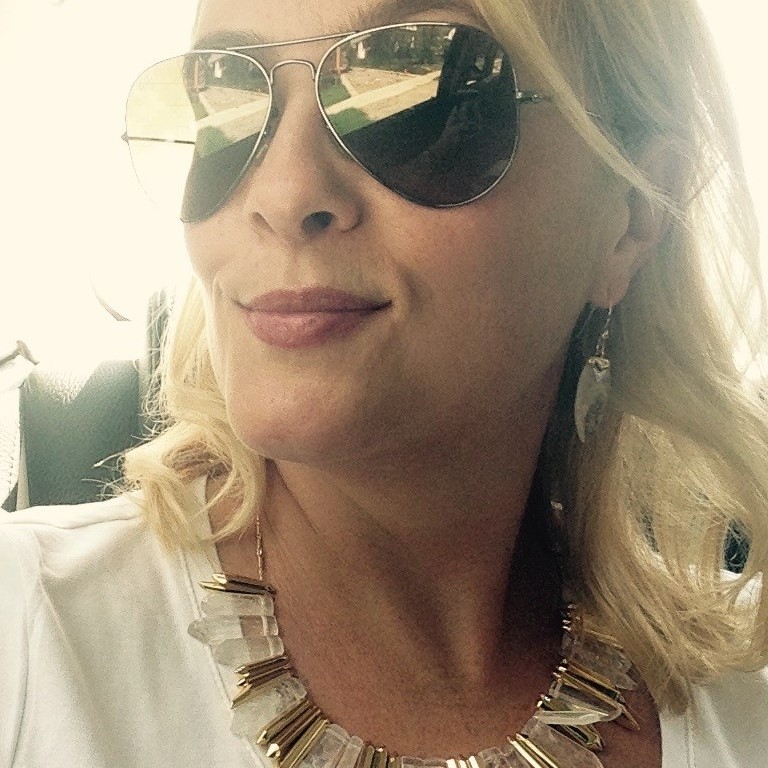
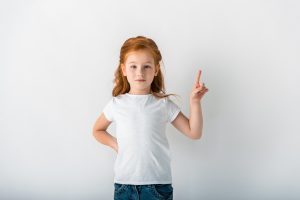

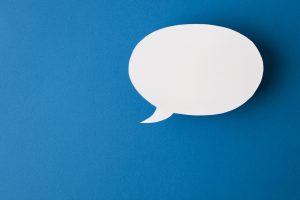
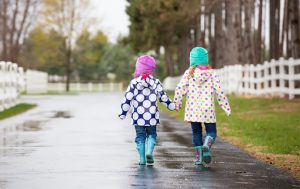





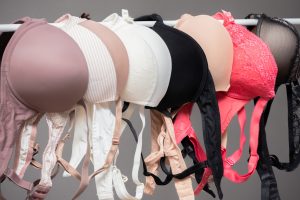
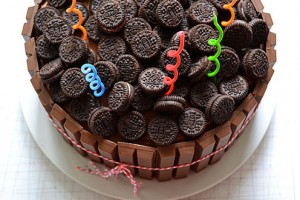
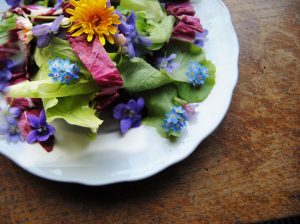
thank you for this post
Hello! I was searching the subject of heroes and adoption from the perspective of birth mothers choosing adoption over abortion. I believe that choice is heroic indeed! I appreciate your perspective and agree. I would love to see media portraying choosing adoption over abortion as something to be applauded. It seems these days the choice is either parent the unwanted pregnancy or abort it. Wish there was more visibility about the value of adoption.